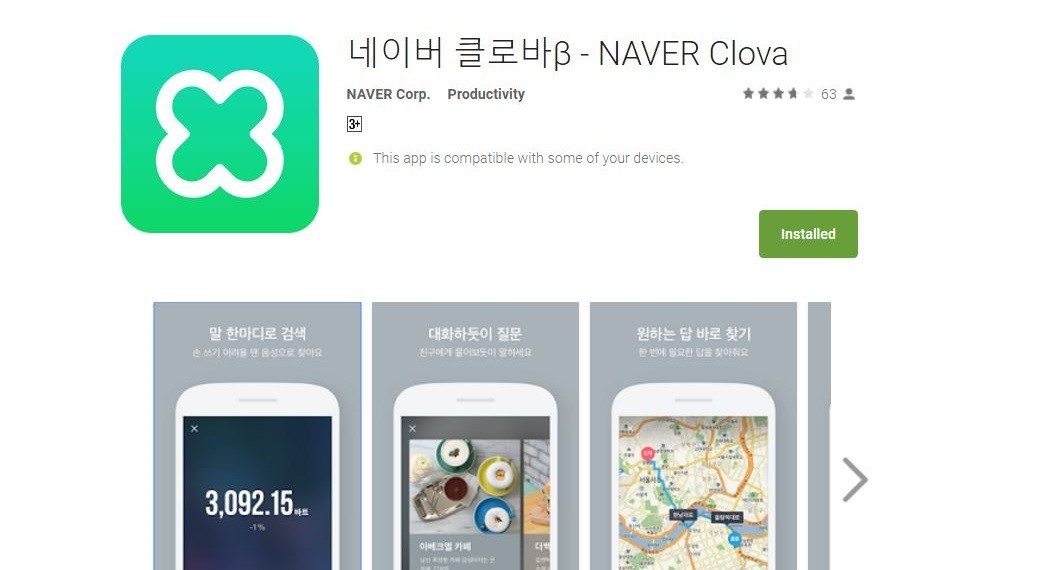UN Human Rights Council deemed the access to the internet a human right in 2016. However, this necessarily does not apply to people residing in Thailand. Thai authorities constantly keep a watch over the content floating online. They have been scrutinizing the content posted online and had even started a campaign last month to bring down the websites with objectionable content.
Last Thursday, TISPA (the Thai Internet Service Provider Association), had asked Facebook to restrict users’ access to 600 pages, out of which 309 pages are blacklisted by the Criminal Court. They found the content of the pages to be “inappropriate” with some of them containing alleged insults against the royal family. The association has noticed that most of these pages have been blocked but 131 can still be accessed in the country.
Following this, the Thailand’s National Broadcasting and Telecommunications Commission (NBTC) and the Ministry of Digital Economy and Society (DE) have ordered Facebook to remove the remaining posts by next Tuesday, which if the social media does not comply with, will lead it to be charged legally.
DE will be the agency that will be pressing charges against Facebook since it has the rights to control illicit content on websites under the Computer Crime Act.
The Ministry of Digital Economy and Society revealed that the country’s criminal court has asked the concerned internet providers to shut down 7,000 such web pages since 2015.
Facebook hasn’t yet commented on the number of pages it has censored. Although, it has been quoted saying that when they are asked by an authority to take down certain content, they examine if indeed, the local laws are violated. A Facebook spokesperson added,
If we determine that it does then we make it unavailable in the relevant country or territory and notify people who try to access it why it is restricted.
Facebook is the most popular social network in Thailand. If the deadline to block the pages is not met, the legal action would be taken first against Facebook and its partners.
The Tech Portal is published by Blue Box Media Private Limited. Our investors have no influence over our reporting. Read our full Ownership and Funding Disclosure →





